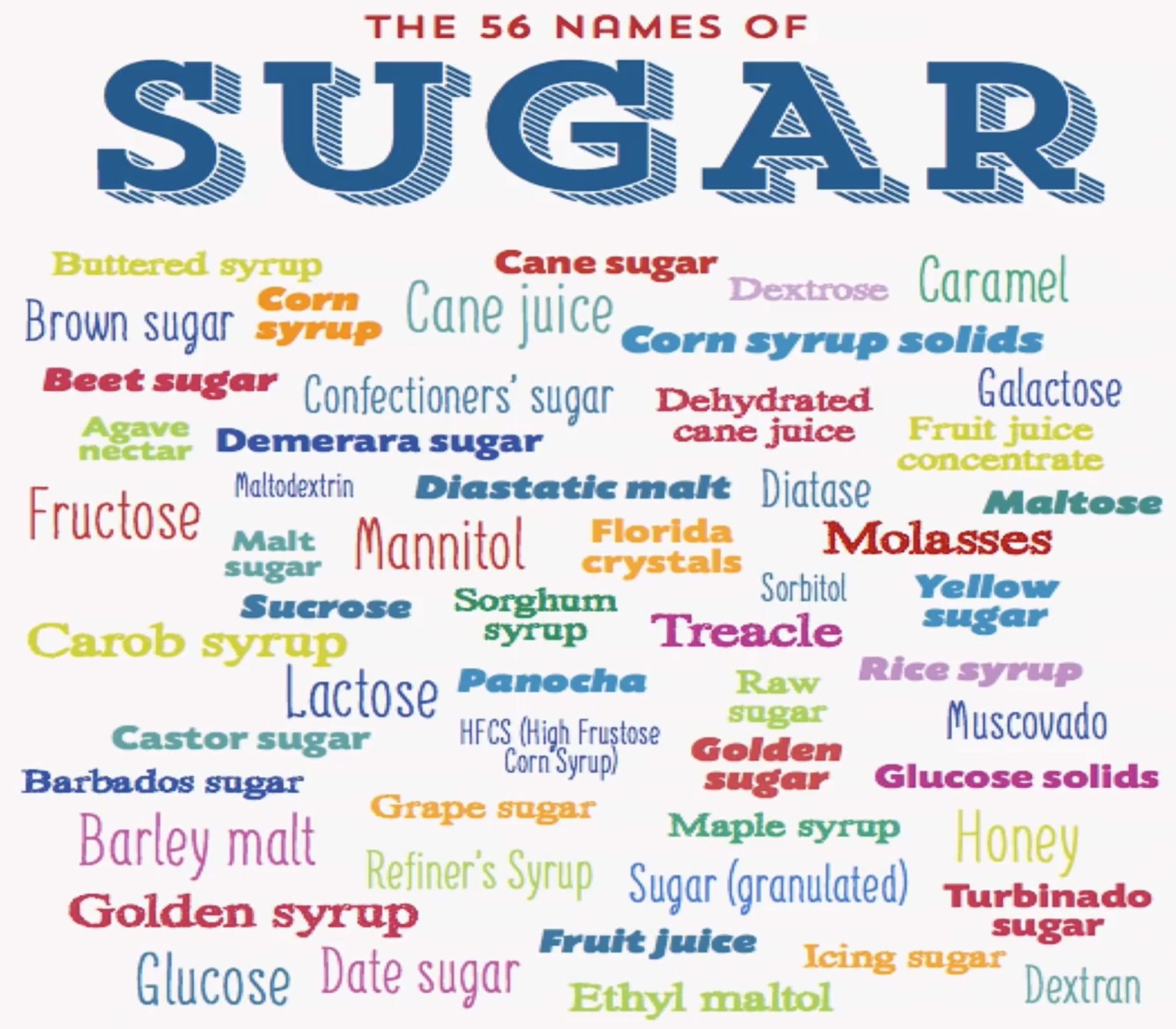this post was submitted on 06 Jan 2025
21 points (81.8% liked)
> !metabolic_health@dubvee.org
125 readers
1 users here now
Moved to !metabolic_health@dubvee.org
A place to discuss metabolic health research, papers, talks, etc.
This topic can touch upon many people's personal triggers, so please be civil.
Rules
- Be nice
- Stay on topic
- Don't farm rage
- Be respectful of other diets, choices, lifestyles!!!!
- No Blanket down voting - If you only come to this community to downvote its the wrong community for you
The banner poster in high resolution can be found here
founded 1 year ago
MODERATORS
you are viewing a single comment's thread
view the rest of the comments
view the rest of the comments

I don’t see invert sugar on this.
What is invert sugar? never heard of it
It is a really cool sugar. It is similar to honey in consistency and is used a lot in confectionery. It is “optically inverted” from its original sugars which I don’t understand what that means.
https://en.m.wikipedia.org/wiki/Inverted_sugar_syrup
It means that mechanically it can't bind with dextrose ("right handed" sugars) to form crystals. Think of the game Tetris, and how you sometimes get an "L" shaped piece - that's your dextrose, and it's mirror - that's the invert. They don't fit into the same spaces, so can never neatly "bind".
Corn syrup is an invert, and used to prevent sugar crystallization in things like caramel or even ice cream.
It takes a very small amount of an invert sugar in a recipe (maybe 10%, depending, but I forget) to prevent crystallization from starting.
Episode 25 of Good Eats, "Citizen Cane", has a great explanation by a food chemist, and Alton Brown demonstrates it while making caramel.
(I may misremember some of this, so any food chemists please clarify as needed).